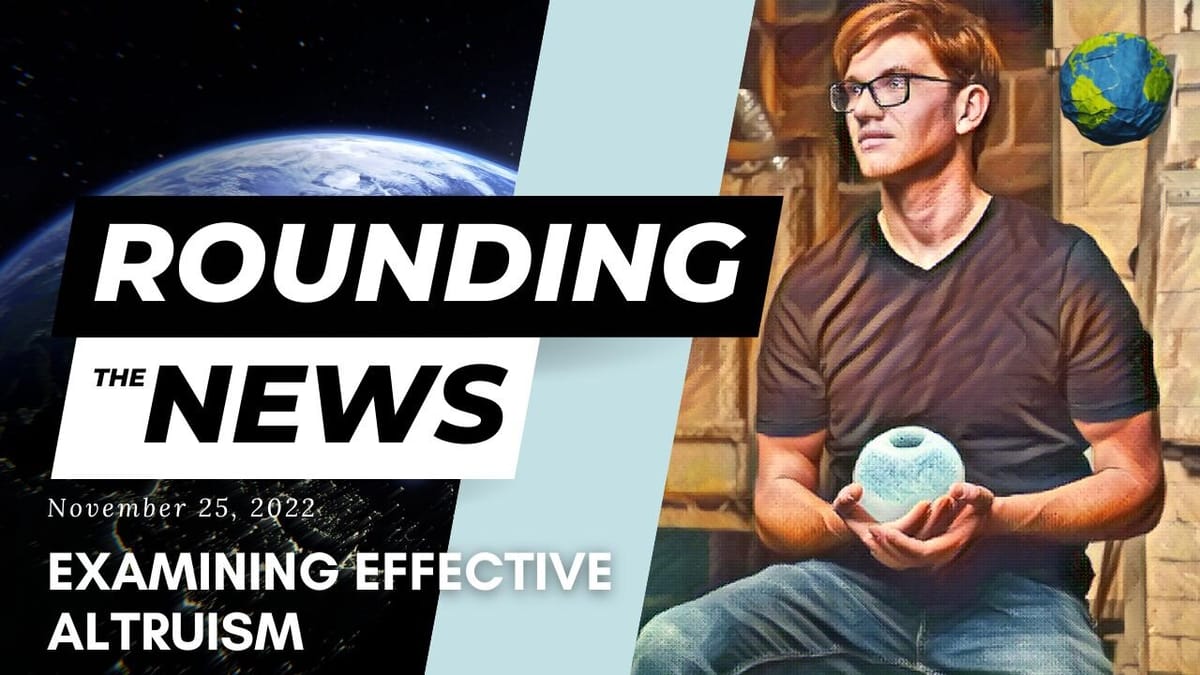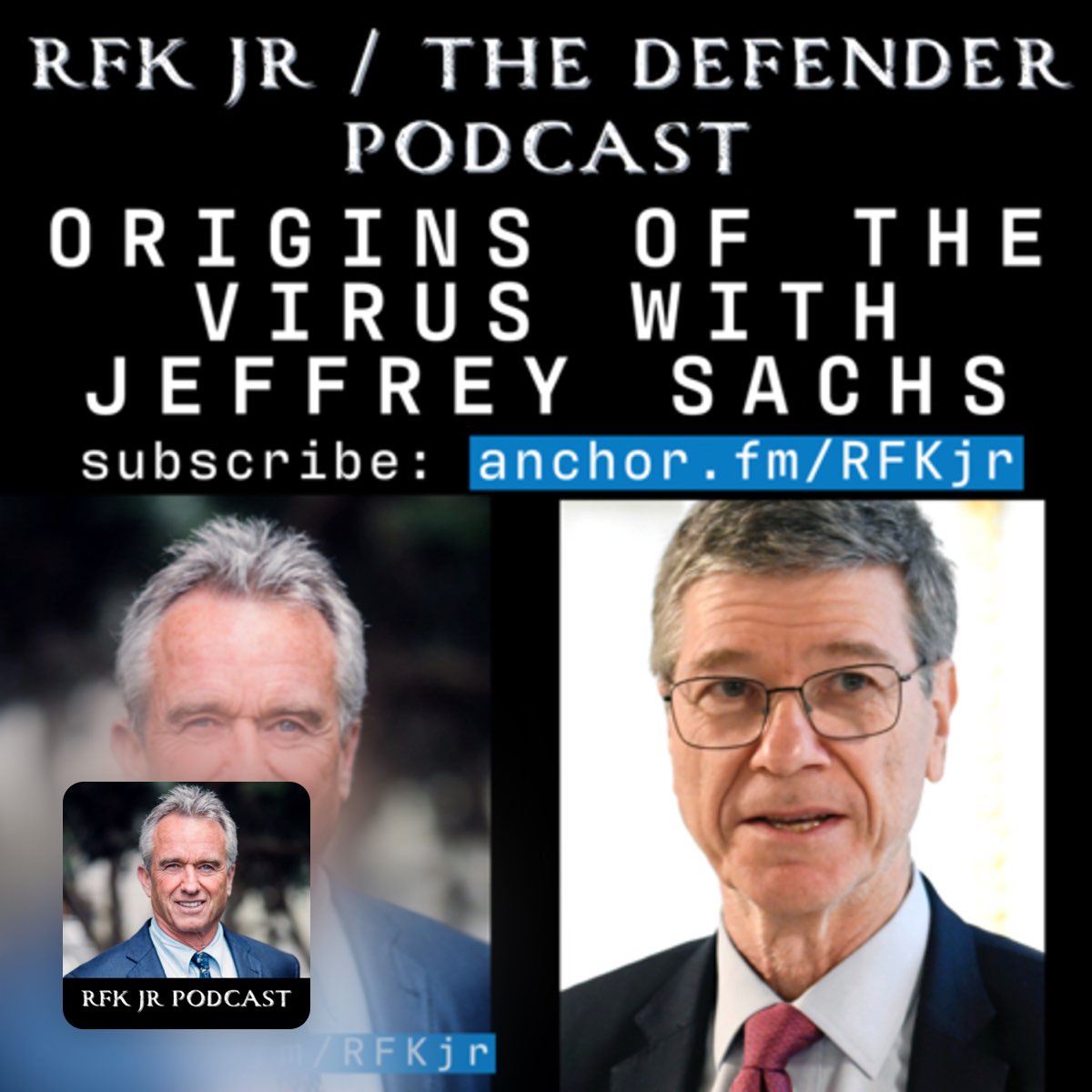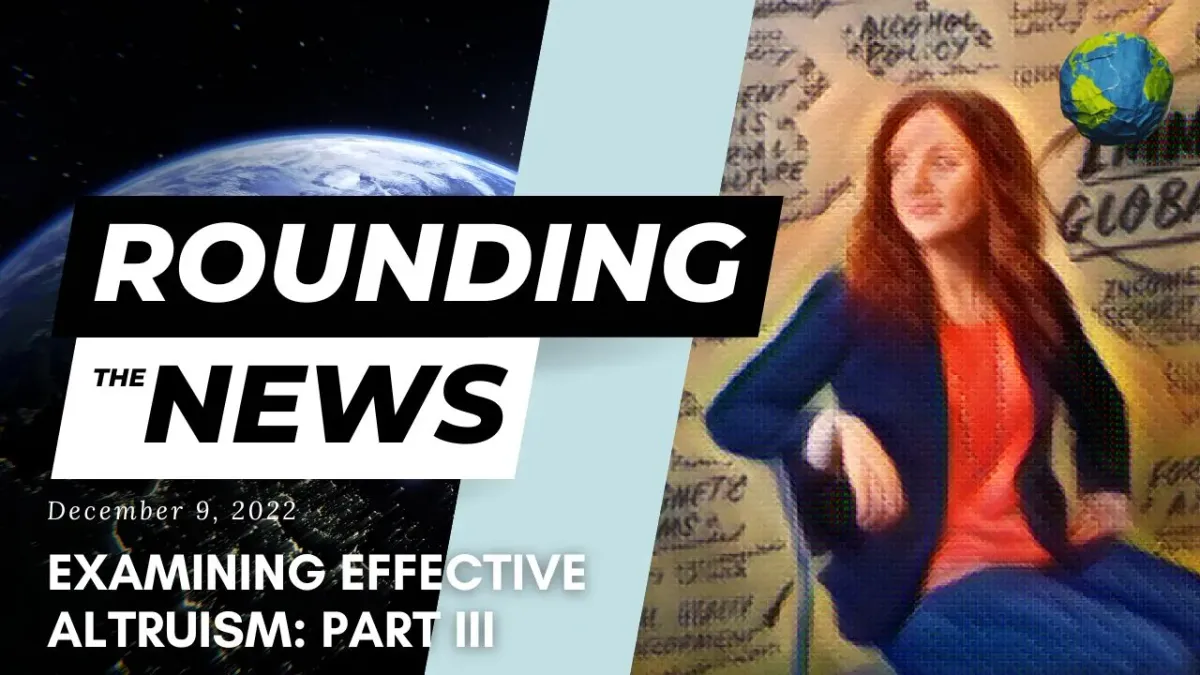Examining Effective Altruism: Part II
The Social Network, revisionist history, Chris Hughes, LifeLog
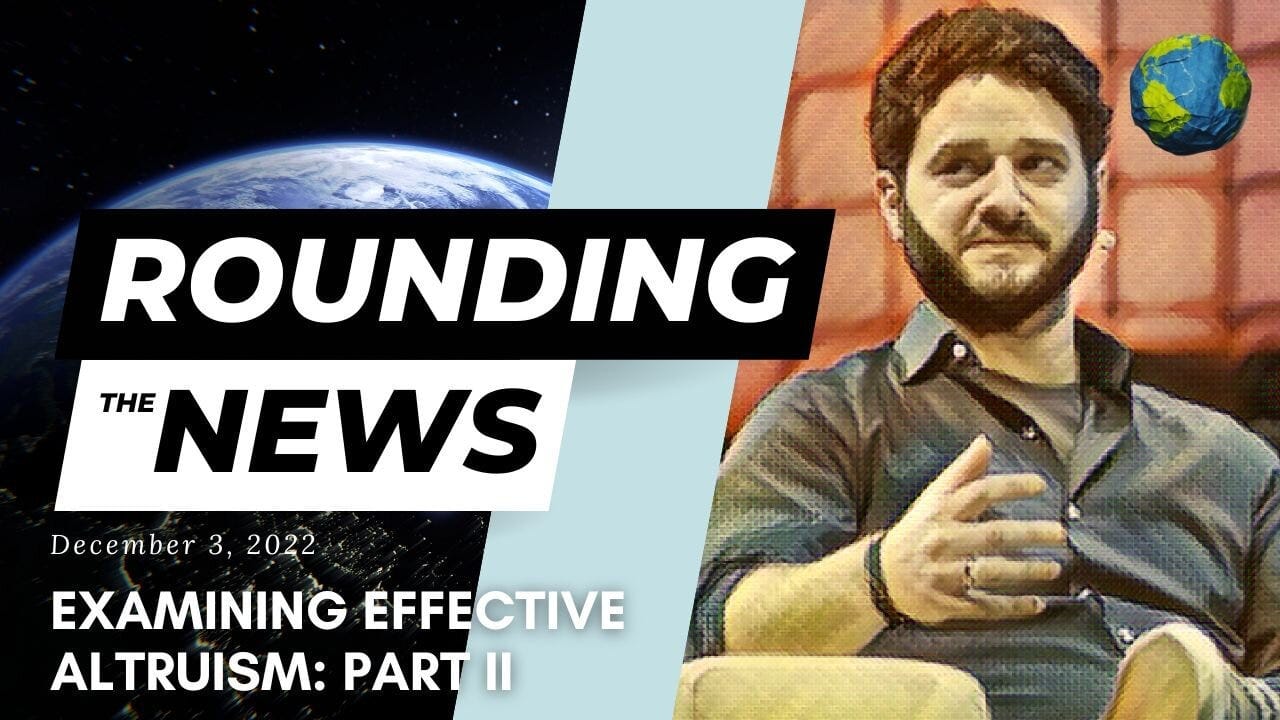
Originally published December 3, 2022, on Substack.
We’re continuing our investigation into FTX and Sam Bankman-Fried, a Rounding the News Special Investigation undertaken to bolster Mathew Crawford’s viral Substack article titled A Grand Unified Theory of the FTX Disaster. If you have not read it, do not delay any longer!
Road to FTX
Last week, we investigated the origins of the enigmatic-yet-flowery “effective altruism,” the philanthropic ideology that spawned the embattled Sam Bankman-Fried and his cryptocurrency ventures, FTX and Alameda Research.
We found that in large part, the EA movement was started based on the writings of a “radical utilitarian” named Peter Singer. His work inspired a young Oxford student named William MacAskill to start a series of ventures seeking to maximize the effectiveness of his philanthropy, by carefully choosing which causes deserved his money most. As he brought his friends and colleagues onboard, a number of organizations were formed:
- Giving What We Can
- 80,000 Hours
- Centre for Effective Altruism
- Effective Animal Activism / Animal Charity Evaluators
We also explored the inaugural Effective Altruism Global Summits starting in the summer of 2013. Early participants in these events - beyond the plethora of EA ventures in and around MacAskill’s direct influence - included notable members of the social media, artificial intelligence and cryptocurrency fields such as Peter Thiel and Elon Musk.
Furthermore, it came to be clear that Musk in particular plays a key role in funding the very institutions at the University of Oxford which house virtually all of the key EA organizations, unified (until its recent renaming) under the Centre for Effective Altruism.
If you haven’t yet read, watched or listened to last week’s episode, I highly recommend you do, as we continue to build on the foundational knowledge garnered so far.
One thing that became clear during our investigation was that we may, in fact, be following just one of several storylines that convene early on to lead us to the COVID-19 crisis, the FTX meltdown, and the rest of a very complicated spider web unravelling before us.
So, let us get back to the big question. Here is the final paragraph of the prior report:
As I write this report, the elephant in the room is looming larger and larger. One of the names that continues to recur throughout the story is Open Philanthropy. What is this ever-present organization, and what is its role in connecting Effective Altruism and biosecurity?
To answer this two-part question, we must once again return to the origin story of a prominent, yet less understood, character that has helped shape not only the Effective Altruism movement, but the fabric of today’s day-to-day society as a whole. Behind Open Philanthropy is a man named Dustin Moskovitz.
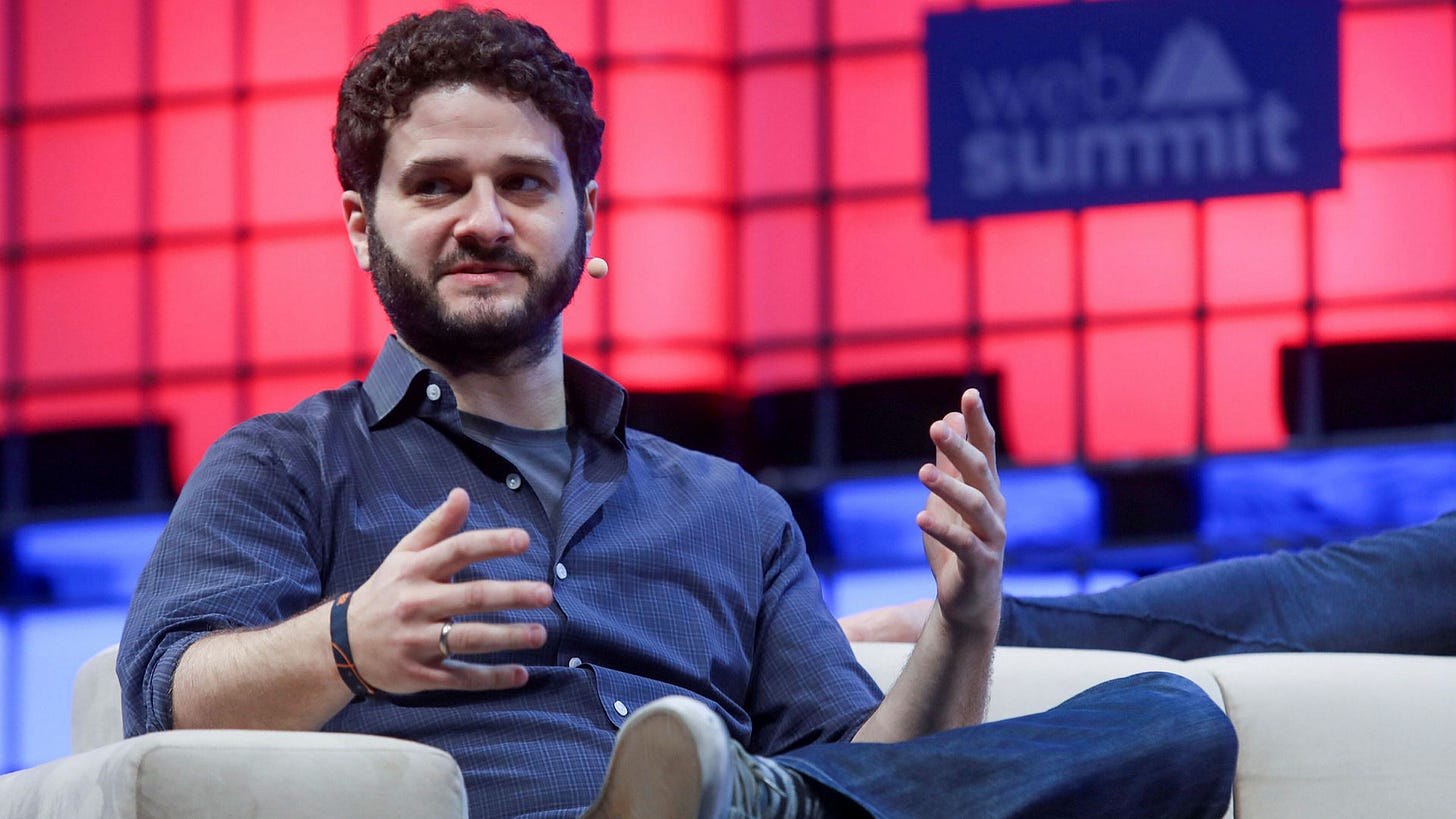
Heard of him? I have. Seen his face? Maybe. I hadn’t until recently.
Dustin Moskovitz
A Tale of Sex, Money, Genius, and Betrayal
Until he resurfaced on my radar less than a year ago, Moskovitz was known to me as a minor character in the story of the founding of Facebook. In 2009, a book was published titled The Accidental Billionaires: The Founding of Facebook, a Tale of Sex, Money, Genius, and Betrayal. I haven’t read it, though I think it’s time for me to pick up a copy.
Instead, I’ve been a big fan of the movie rendition titled The Social Network since I first watched it back in 2013.

I like the movie a lot, and find it both entertaining and informative. The semi-fictionalized narrative focuses primarily on Mark Zuckerberg and a few key relationships:
- Eduardo Saverin, the Facebook’s first Chief Financial Officer who was squeezed out of the company in a stock dilution scheme;
- Cameron and Tyler Winklevoss and Divya Narendra, whose idea for a social network website Zuckerberg purportedly ran away with;
- Sean Parker, founder of the industry-changing online music sharing platform Napster and Facebook’s founding President.
Then, there are a couple of characters who appear for quick but important scenes to accelerate the Facebook’s rise to glory:
- Bill Gates, Microsoft co-founder who delivers a presentation at Harvard attended by Zuckerberg and Saverin, where Gates is suggested to have taken notice of Zuckerberg in the crowd;
- Larry Summers, President of Harvard University and former U.S. Treasury Secretary who declined to assist in the Winklevoss twins’ attempts to slow down/stop Zuckerberg’s rollout of The Facebook;
- Peter Thiel, co-founder of PayPal, Palantir Technologies, and Founders Fund who was convinced by Sean Parker to become the first outside investor in Facebook.
Of course, none of these people meant anything to me at all back in 2013 or during any re-viewings in subsequent years. All I knew about Thiel was that he was a rich gay man; Gates seemed a philanthropic if largely irrelevant man; Parker was a troubled nerd with whom I shared common interests in music, and later cancer immunotherapy (more on that later).
That was then. This is 2022.
Now, the names Gates, Thiel, Zuckerberg, even Summers all take centerstage when taking any kind of look at the COVID-19 crisis, the cultural revolution underway, and the all-too-relevant economic transformation we’re experiencing step-by-step.
The quiet ones
As with any narrative, however, it’s not just about what you see; I’ve come to learn that it’s what you don’t see clearly that winds up opening your eyes.
I was aware early on that The Social Network was a whitewashing of history. It only makes sense; biopics like this can’t go too far in presenting the subjects in a negative light without attracting lawsuits, so you can imagine there was a certain amount of negotiation involved either at the book stage or while Aaron Sorkin was writing the screenplay. Alternatively, one could easily start with the assumption that the book and/or movie are a well-produced “limited hangout” - another concept I probably didn’t have the words to describe concisely until 2021.
This was elaborated on in a podcast I briefly followed called the Jeff Rubin Jeff Rubin Show, hosted by none other than… well, Jeff Rubin. My teen years were spent tuning in to CollegeHumor, an early producer of internet sketch comedy videos, where Jeff was an early employee and cast member of the company’s short-lived MTV show. In an episode released September 11, 2012, Rubin interviews Ben Blumenfeld (now named Ben Blumenrose), a former designer at Facebook.
Blumenfeld describes his five-year tenure at Facebook positively. Rubin asks about how The Social Network stood up to scrutiny, with Blumenfeld praising it as being a well-produced, entertaining movie. There were, however, two major things that he pushed back on. Jesse Eisenberg’s portrayal came across as too “neurotic” compared to the real-life Zuckerberg, who Blumenfeld described as more “calculating.”
Then, there was the glaring omission of one character in particular:
Dustin Moskovitz was barely in there. And Dustin was a huge part of Facebook. Right? And so we’re like, “where’s Dustin in this whole thing?” … I think there was one scene in it where they, like, made Dustin, like, Dustin’s like, “hey, Zuck, what’s this?” … Dustin’s, like, a really smart engineer, he’s not a moron [like] in the one scene he has.
It’s true: while Moskovitz is present in the film, and is acknowledged as a co-founder and founding shareholder, he is relegated to a bit character whose largest contribution was inadvertently inspiring Zuckerberg to add the “relationship status” feature to Facebook’s profile page (which is presented as the thing that was missing).
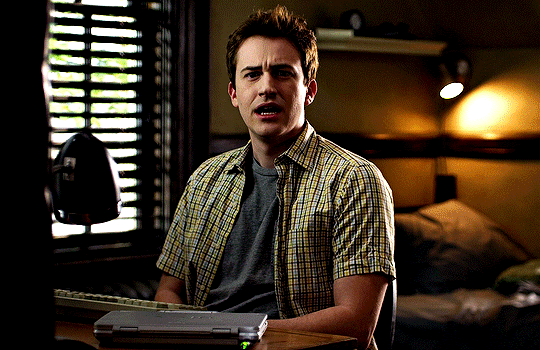
The interview provides one more particularly notable insight into the mindset at Facebook. When Rubin asks how the movie affected the culture at the company, he replied:
It did become a little bit annoying. Like, “what did you think of the movie?” It’s like, I don’t. I think about, like, changing the world.
For his part, Moskovitz seems to agree. When the movie trailer dropped back in 2010, he wrote:
It is interesting to see my past rewritten in a way that emphasizes things that didn’t matter and leaves out things that really did. … I’m just going to choose to remember that we drank ourselves silly and had a lot of sex with coeds. I’m very curious to see how Mark turns out in the end — the plot of the book/script unabashedly attack him, but I actually felt like a lot of his positive qualities come out truthfully in the trailer (soundtrack aside).
So, if we didn’t get to know Moskovitz through the most widely-known dramatization of events, then we must ask: who is Dustin Moskovitz? And before we even get around to that, what else was left out from the story that could help frame our thinking?
Completing the picture: Chris Hughes
Answering the second question first, two things pop to mind right away.
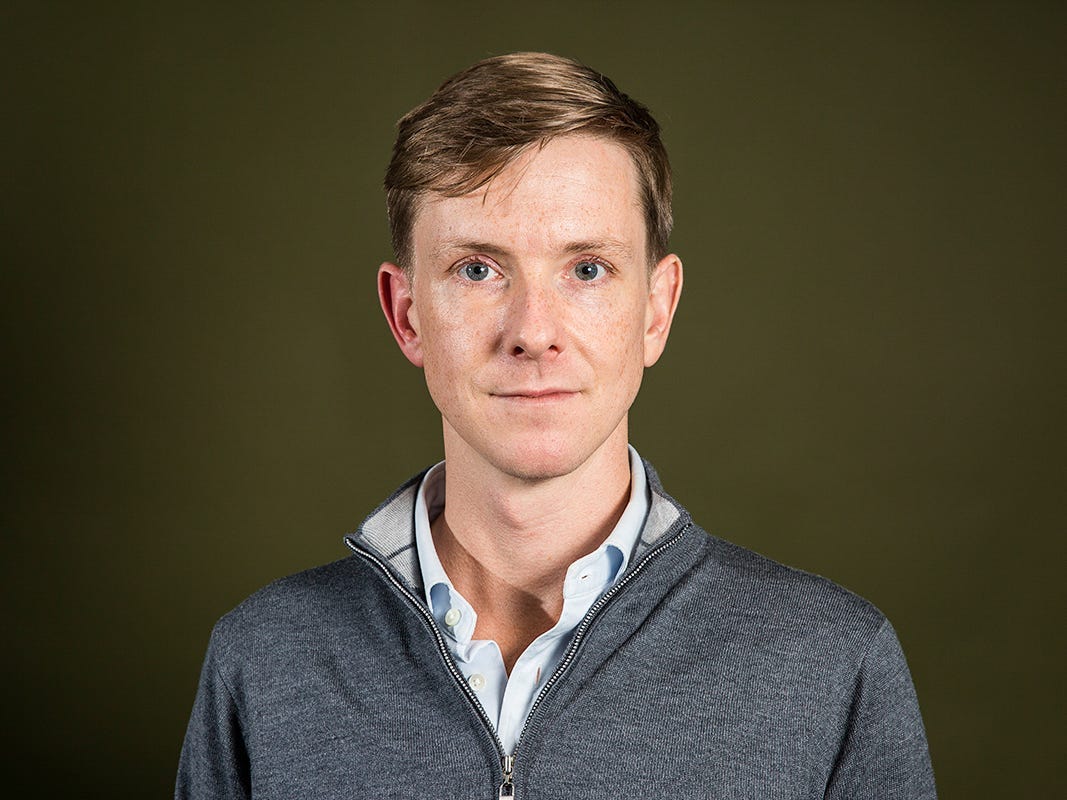
Chris Hughes was another Zuckerberg roommate and Facebook co-founder who was virtually non-existent in the movie. He left Facebook “a few years later to work on Barack Obama’s 2008 presidential campaign.” Then, in March 2009, he took a position at General Catalyst, a venture capital firm whose portfolio includes a number of familiar companies:
- Coinbase
- Discord
- DoorDash
- Meta LLC
- Snapchat
- Stripe
- Substack
- Telegram
- Y Combinator
Indeed, this short selection of companies crosses over with those funded by Y Combinator (as seen in last week’s report), and Y Combinator itself. Even weirder is the continued appearance of supposedly “dissident” platforms such as Substack and now Telegram. How can it be that the same people behind Facebook and Snapchat are also funding the very platforms many of us have come to rely on for our continued expression of free speech?
There’s one more company on the above list that I’m sure caught your eye. But in my preliminary research, it’s possible that Meta LLC isn’t what you might expect it is. I’ll circle back to this.
Hughes had a busy year in 2010, founding a social media network called Jumo intended to index and promote charities and humanitarian causes. While the term "effective altruism" doesn't make an appearance, it's pretty clear that's what this was. Guess who was brought on as an advisor? None other than Jeffrey Sachs. Sachs, of course, is the Chair of the Lancet Commission on COVID-19, who seems to be dipping his toes into "dissidence" by allowing discussion about the SARS-CoV-2 "lab leak theory" to go ahead.
In July 2010, the Joint United Nations Programme on HIV/AIDS (UNAIDS) appointed Hughes to a 17-member “High Level Commission” tasked with spearheading a “social and political action campaign over the coming year aimed at galvanizing support for effective HIV prevention programmes.” The following year, he reportedly attended the highly-secretive Bilderberg Meeting in St. Moritz, Switzerland.
Hughes co-founded the Economic Security Project in 2016, funded by huge philanthropic names including the Rockefeller Foundation, Robert Wood Johnson Foundation, Ford Foundation, Wallace Global Fund, and others.
In May 2019, Hughes wrote a New York Times op-ed calling for the separation of Facebook proper from its acquired subsidiaries, Instagram and WhatsApp.
That’s Chris Hughes. I mentioned that there was one more thing that came to mind…
Completing the picture: LifeLog
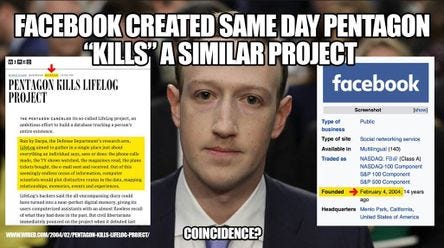
Looking past even Facebook’s incomplete origin story, we find a strange coincidence that suggests an even deeper mystery that remains to be completely fleshed out. Facebook was officially founded on February 4, 2004 - the very next day after the U.S. Pentagon pulled the plug on a spookily similar project.
LifeLog, as it was called, was designed by the Defense Advanced Research Projects Agency (DARPA) to “build a database tracking a person's entire existence.” It “would take in all of a subject's experience, from phone numbers dialed and e-mail messages viewed to every breath taken, step made and place gone.” As described in the project's call for solicitations, DARPA sought to develop a system that “captures, stores, and makes accessible the flow of one person's experience in and interactions with the world in order to support a broad spectrum of associates/assistants and other system capabilities.”
Sounds a lot like what Facebook became, doesn’t it? It doesn’t stop there. See this excerpt from the same solicitation request:
LifeLog can be used as a stand-alone system to serve as a powerful automated multimedia diary and scrapbook. By using a search engine interface, the user can easily retrieve a specific thread of past transactions, or recall an experience from a few seconds ago or from many years earlier in as much detail as is desired, including imagery, audio, or video replay of the event. In addition to operating in this stand-alone mode, LifeLog can also serve as a subsystem to support a wide variety of other applications, including personal, medical, financial, and other types of assistants, and various teaching and training tools. As increasing numbers of people acquire LifeLogs, collaborative tasks could be facilitated by the interaction of LifeLogs, and properly anonymized access to LifeLog data might support medical research and the early detection of an emerging epidemic. Application of the LifeLog abstraction structure in a synthesizing mode will eventually allow synthetic game characters and humanoid robots to lead more "realistic" lives. However, the initial LifeLog development is tightly focused on the stand-alone system capabilities, and does not include the broader class of assistive, training, and other applications that may ultimately be supported.
Now isn’t that exciting?!
Seriously, this seems to follow Facebook’s evolution chronologically. It’s laid out in the plan like this:
- Social media. Start with a single platform/service accessible on a website where people provide all their own information including “status updates,” pictures, videos, conversations, check-ins at local businesses, work and education history, so on and so forth, and make it so you can easily revisit those memories at any time.
- Digital ID. Leverage this information to expand a broader underlying infrastructure that allows for the creation of digital identities which allow users to transition their finances and medical records online, and collect/track things like steps taken and day-to-day mental health status.
- Pandemic preparedness. Use the data collected (voluntarily and involuntarily) for medical research, contact tracing and even to identify when an infectious disease outbreak is afoot.
- Metaverse. Reveal that the world is now ready to transition into a world of virtual/augmented reality, because… well, we’re all at home avoiding contact so as to avoid catching this scary gain-of-function virus, right?
This makes a lot of sense to me. If LifeLog really was the direct precursor to Facebook, it presents a plausible explanation for the major events over Facebook’s creation and lifespan, including its 2014 acquisition of virtual reality company Oculus and its strange shift in focus to The Metaverse in 2021.
It also shows that right from the outset, the U.S. Military was planting a “pandemic preparedness” seed into the very premise of the platform. Take a look at what Facebook’s co-founders and best friends have been up to prior to and over the course of the last 18 years:
- Mark Zuckerberg and his wife Priscilla Chan founded the Chan Zuckerberg Initiative, whose pandemic contributions include funding the COVID-19 Therapeutics Accelerator alongside the Bill & Melinda Gates Foundation, Wellcome Trust, bioMérieux, Eli Lilly, Gilead Sciences, Johnson & Johnson, Merck and Pfizer;
- Sean Parker founded the Parker Institute for Cancer Immunotherapy, which claims to have contributed greatly to the development of CRISPR technology and “DNA programming and genome editing in the fight against cancer;”
- Larry Summers, aside from his powerful positions at the World Bank, U.S. Treasury and Harvard University, was part of the 1993 inaugural “class” of the World Economic Forum’s Global Leaders for Tomorrow program alongside Bill Gates, Angela Merkel, José Manuel Barroso, Richard Branson, Bono, George Stephanopoulos, Gordon Brown, Tony Blair, Yo-Yo Ma, and Nicolas Sarkozy;
- Chris Hughes was brought in to participate in a UNAIDS commission “aimed at galvanizing support for effective HIV prevention programmes” immediately before launching Jumo - an exercise in “effective altruism” in all but name - with advice from Jeffrey Sachs. This, following his work with General Catalyst which saw major crossover with other EA ventures and biomedical startups;
- Eduardo Saverin co-founded B Capital Group, a venture capital firm that invested $820 million in “growth-stage startups transforming large industries and scaling rapidly” in response to the declared COVID-19 pandemic, including the rapid digitization of business finances and activities;
- Cameron and Tyler Winklevoss co-founded Winklevoss Capital Management, whose major investments include large amounts of Bitcoin, Ethereum and other cryptocurrencies, as well as Gemini (a large cryptocurrency exchange). Gemini halted withdrawals from some customer accounts because of their exposure to FTX's collapse through their partner Genesis;
- Peter Thiel co-founded Palantir, a military contractor specializing in mass surveillance whose clientele includes the Centers for Disease Control and Prevention (CDC), National Security Agency (NSA), Central Intelligence Agency (CIA), Department of Homeland Security (DHS) and Immigrations and Customs Enforcement (ICE). In the COVID-19 crisis, Palantir was tapped to provide the primary data collection platform around testing for SARS-CoV-2. Thiel also invested in a biotech startup called AbCellera, which collaborated with Eli Lilly & Co. to produce monoclonal antibody treatments against the infection.
So… what about Dustin?
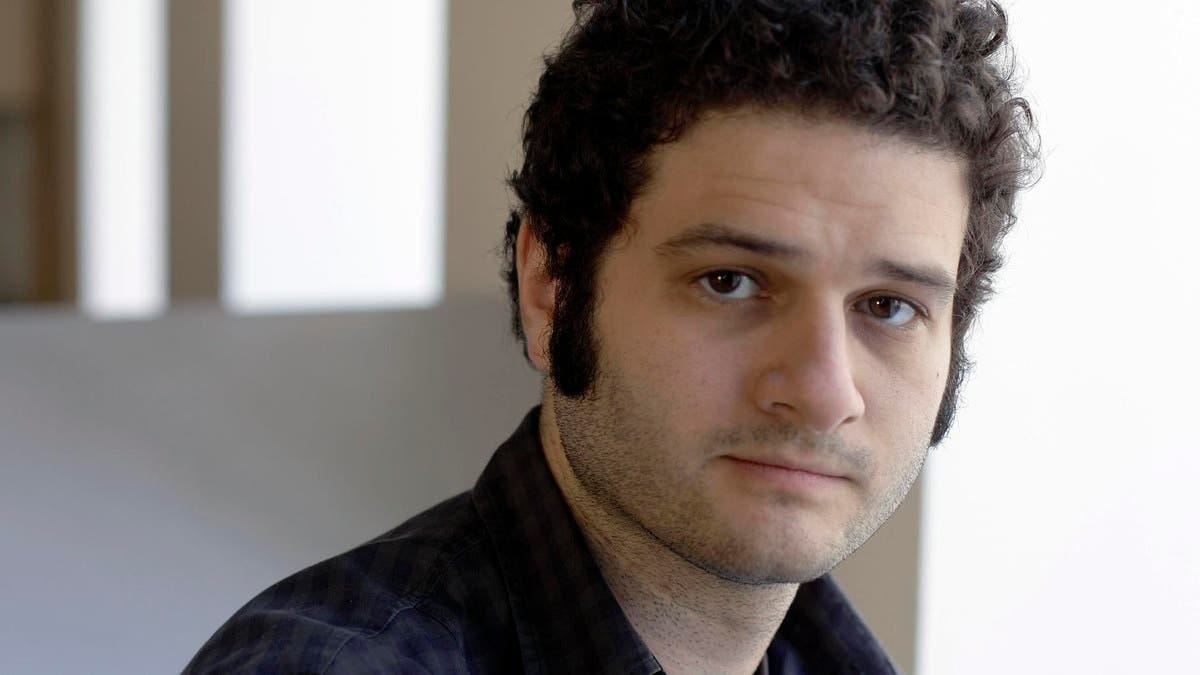
There is no particular reason why I have danced around diving deep into Dustin Moskovitz up until this point. Such is the nature of the “rabbit hole”; just when I think I’ve reached the bottom, the ground collapses and takes me a storey deeper.
But fear not, critical thinkers. Knowledge can be acquired quickly, but understanding takes time. Let what I’ve shared today sit in your mind over the next week. Much of my story today was possible because I recalled areas of my life where I actually brushed up against these people and their narratives, even if just as a distant consumer of their products. What about you?
Remember, this investigation revolves around trying to get to the bottom of Sam Bankman-Fried, the spectacular collapse of FTX, and the shockingly relevant consequences of recent weeks. I didn’t know this line of inquiry would lead me to Facebook, but now I see clearly that these are deeply interconnected things.
Read part III:

